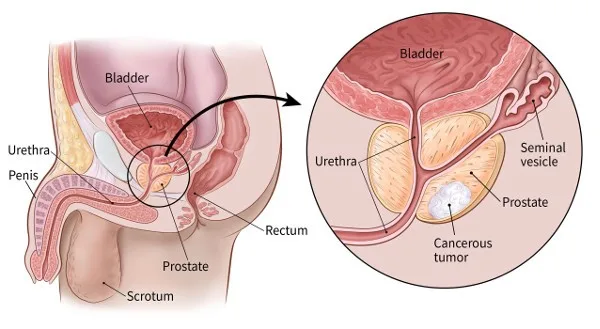Three indicators that the cancer is incurable and progressed
Severe symptoms may indicate that we should begin diagnosis and appropriate therapy as soon as possible.
On occasion, early cancer detection is entirely coincidental. What signs, though, would suggest that cancer has progressed significantly?
stages of cancer
There are four stages of the disease and an early stage 0 in the classification of malignancies. Finding out the disease’s present stage enables us to assess the patient’s prognosis, the extent of the cancer, if it has spread, and the kind of treatment that can be provided.
Among the categories for cancer advancement are:
Stage 0: a pre-invasive, early-stage tumor that is not malignant but has the potential to become so;
Stage I: very excellent prognosis, early stage of cancer advancement;
Cancer in Stage II is somewhat advanced;
in Stage III, the cancer is advanced.
Stage IV: very advanced malignancy with present distant metastases; very bad prognosis.
Cancer Symptoms in Stage IV
When cancer reaches its fourth stage of development, it has spread to other regions of the body. The prognosis is dire at this point, and the malignancy is frequently declared incurable.
Three specific symptoms were consistently present in patients with stage IV malignancies, according to an analysis published in the journal “The Lancet Oncology”:
hump in the neck
Chest pain
back discomfort
The researchers evaluated the prevalence of 20 common cancer symptoms across 7,997 individuals with 12 distinct solid malignancies (bladder, breast, endometrial, ovarian, colon, larynx, lung, oral cavity/oropharyngeal, prostate, rectum, kidney, and melanoma) who were 25 years of age and older.
Up to 13 symptoms were found in more than half of the patients before the disease reached its fourth stage of development.
Abnormal mole, breast lump, rectal bleeding, postmenopausal bleeding, lower urinary tract symptoms, hematuria, altered bowel habits, exhaustion, hoarseness, lower abdomen pain, and weight loss are some of these symptoms. “Other symptoms” was the last category.
Which symptoms call for a medical consultation?
The most potent tool in the fight against cancer is early detection. It is vital to pay attention to the disease’s early symptoms because of this.
Unsettling symptoms can also indicate another medical issue rather than cancer. But speaking with a primary care physician about it is a crucial part of better prevention.
The following symptoms should be discussed with your doctor since they could be early indicators of cancer:
unexpected lump development on the body; unexplained bleeding; altered bowel habits.



